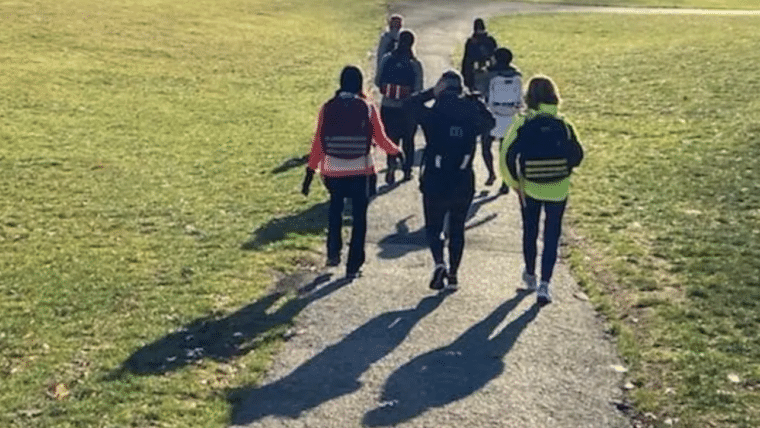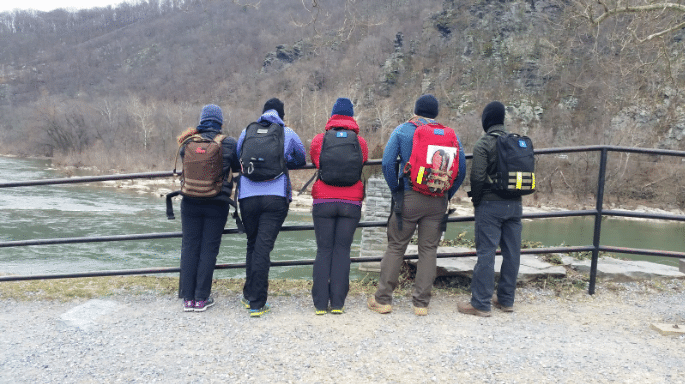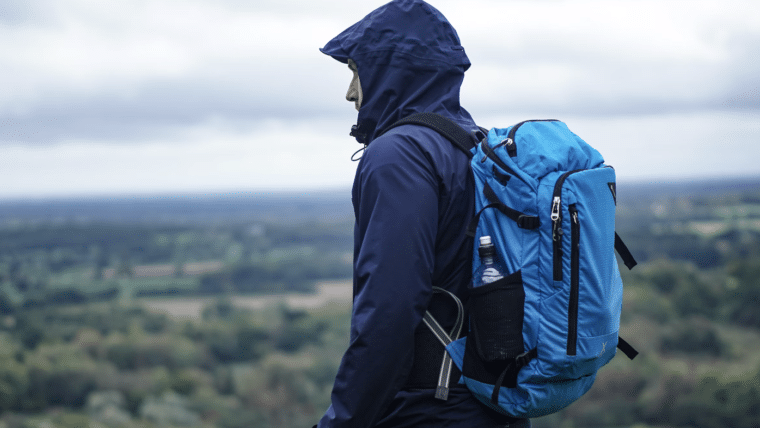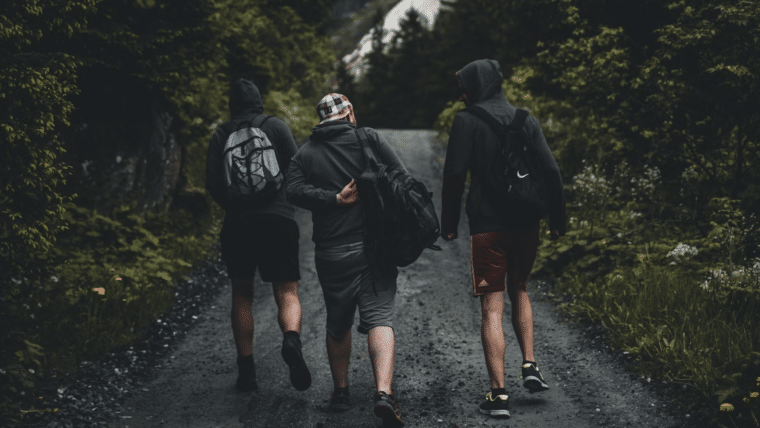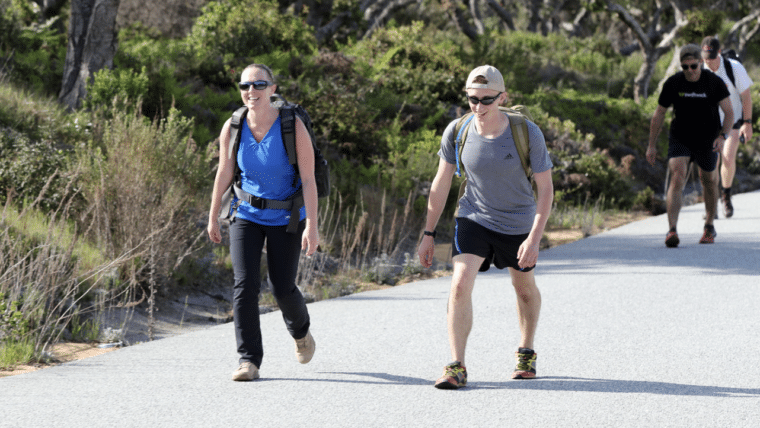Rucking is a form of exercise that involves walking with a weighted backpack, also known as a rucksack. It’s a great way to increase endurance, burn calories, and build strength. However, like any physical activity, it requires a certain level of preparation and recovery. One of the most important factors for recovery is sleep.
A few years ago I read the book Why We Sleep and was convinced that one of the best things we can do to improve our lives as well as our physical performance is to sleep. Lots of stuff will help, but sleep is the wonder drug.
That said, getting enough sleep and ensuring quality sleep can improve your rucking performance in a number of ways.
- Firstly, sleep plays a critical role in muscle recovery. During sleep, the body repairs and rebuilds damaged tissues, including those that are stressed during exercise. When you ruck, your muscles are under constant tension, and sleep allows them to recover and adapt to the demands of the exercise. This is particularly important for rucking, as the weight of the backpack can place a significant strain on your muscles.
- Secondly, sleep is essential for energy restoration. When you ruck, your body burns calories and depletes energy stores, such as glycogen. Sleep is the time when the body replenishes these stores, allowing you to have the energy you need for your next rucking session. Without enough sleep, you may feel sluggish and tired during your workout, which can negatively impact your performance.
- Thirdly, sleep is crucial for mental focus and cognitive function. When you’re sleep-deprived, your ability to concentrate and make decisions can suffer. This can be especially problematic for rucking, as it requires focus and attention to maintain proper rucking form and balance. Sleep also helps regulate mood, which can impact motivation and the desire to continue with a regular rucking routine.
So, how can you improve your sleep to improve your rucking? Here are a few tips:

- Stick to a sleep schedule: Go to bed and wake up at the same time every day, even on weekends. This helps regulate your body’s natural sleep-wake cycle.
- Create a sleep-conducive environment: Make sure your bedroom is cool, quiet, and dark. Use comfortable bedding and pillows that support good posture. A few years I invested in an 8 Sleep Pad (use this link to save $200). It is stupid expensive, but after reading Why We Sleep I was convinced that investing in good sleep is one of the best investments I can make. The 8 Sleep Pad has been an absolute game changer for me. I also started sleeping with a sleep mask, which has been huge.
- Avoid stimulants: Avoid caffeine and alcohol in the hours leading up to bedtime, as they can disrupt sleep. This has been a big one for me.
- Wind down before bedtime: Create a relaxing routine before bedtime, such as taking a warm bath or reading a book. This can help signal to your body that it’s time to sleep.
- Limit screen time: Avoid using electronic devices, such as smartphones and laptops, in the hours leading up to bedtime. The blue light emitted by these devices can disrupt the body’s natural sleep-wake cycle.
Getting enough sleep and ensuring quality sleep is essential for rucking performance (and life). Sleep allows the body to recover and adapt to the demands of exercise, restores energy stores, and improves mental focus and cognitive function. By following the tips above, you can improve your sleep and, in turn, improve your rucking.
I mentioned it above, but if you want to know more about the power of sleep, check out Why We Sleep and consider making an investment in your sleep quality with something like an 8 Sleep Pad (remember, $200 off with this link).


